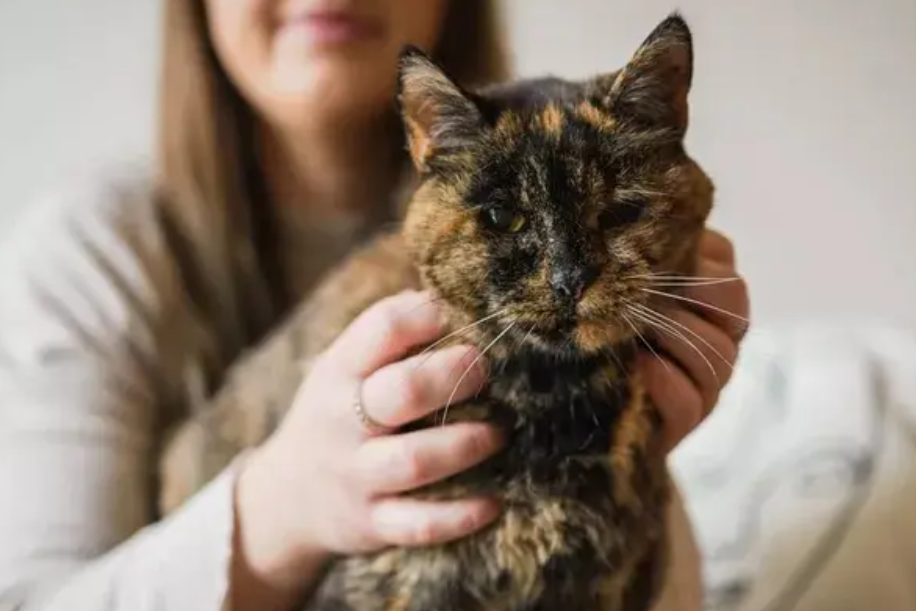You Might Develop Schizophrenia if You Own a Cat, Study Suggests
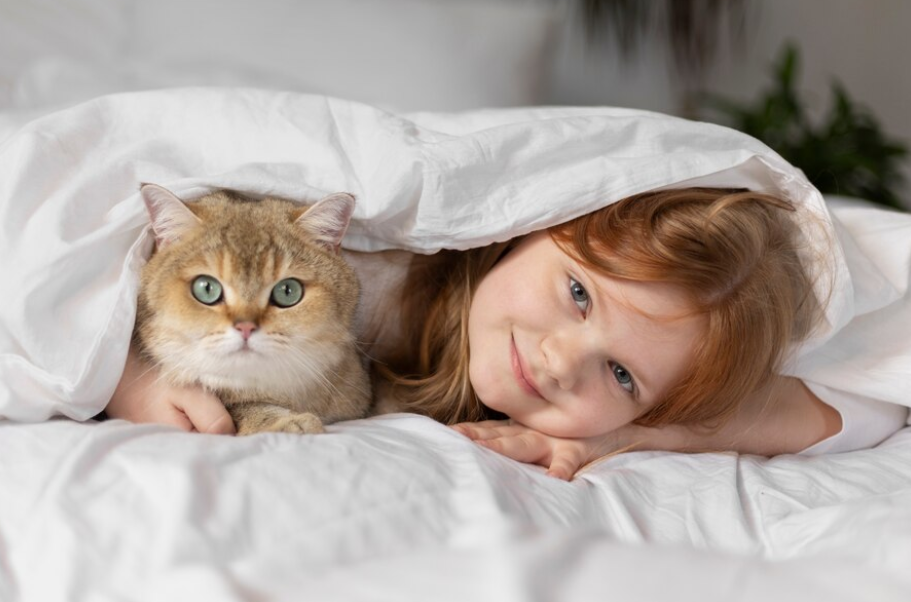
©️ Freepik
A recent study from Australian scientists has revealed a potential link between cat ownership and an increased risk of schizophrenia-related disorders.
The article published in the Schizophrenia Bulletin, suggests that exposure to cats may double the odds of developing these mental health conditions. But how does this happen? And what are the precautions that need to be taken? Continue reading to find out.
Cat Ownership Schizophrenia Study
The Toxoplasma Gondii Connection
The study points to a parasite called Toxoplasma gondii (T. gondii) as a possible culprit. This parasite, commonly found in cat feces, can infect humans.
Moreover, it has been linked to various neurological and psychiatric disorders, including schizophrenia. It can enter the body through undercooked meat, contaminated water, or direct contact with an infected animal.
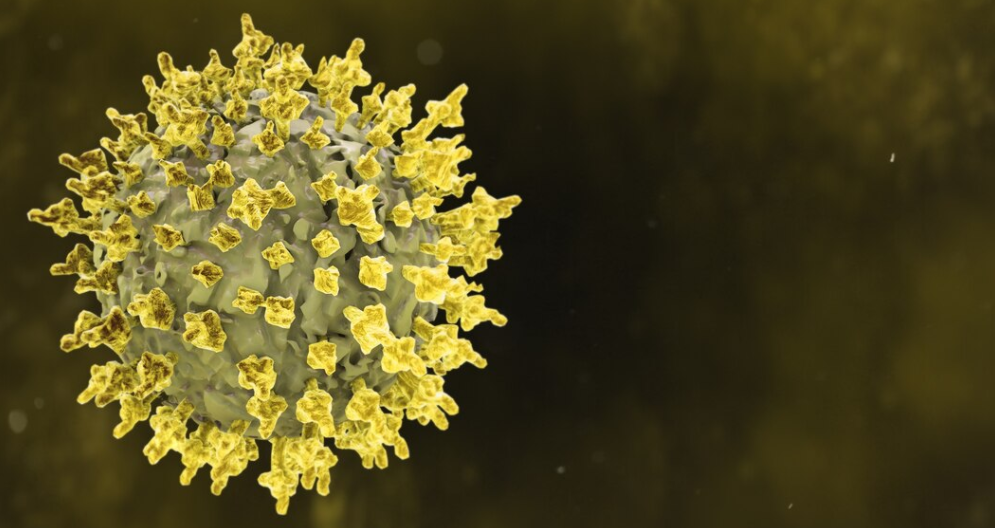
Research Findings
Dr. John McGrath and his team at the Queensland Centre for Mental Health Research conducted a meta-analysis. They analyzed 17 studies from 11 countries, spanning 44 years.
They found that individuals exposed to cats before the age of 25 had approximately twice the odds of developing schizophrenia compared to those who never had a pet cat. The research supports a significant positive association between cat exposure and schizophrenia-related disorders.
Symptoms and Causes of Schizophrenia
Schizophrenia is a long-term mental health condition that affects around 1% of the global population.
Symptoms include hallucinations, delusions, disorganized thoughts and speech, and social withdrawal. The exact cause is unknown, but it is believed to result from a combination of genetic, environmental, and possibly viral factors.
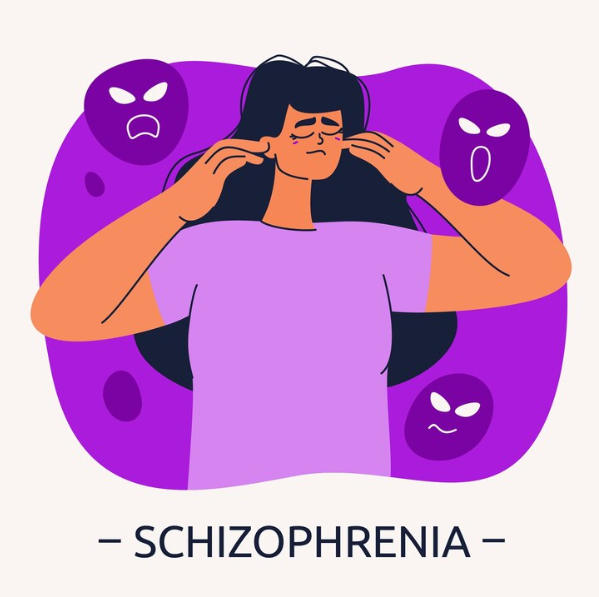
Criticism and Call for Further Research
While the findings are compelling, some researchers have criticized the study for not accounting for other potential contributing factors, such as socioeconomic background and family history. Additionally, most of the analyzed studies were case-control studies, which are less reliable in proving causation.
Dr. Sanil Rege, a psychiatrist based in Melbourne, noted on Twitter that case-control studies are notorious for producing spurious associations.
However, the Australian research team maintains that their findings highlight the need for more high-quality studies to better understand the potential link between cat ownership and schizophrenia.
They had this to say about their publication:
“Our review provides support for an association between cat ownership and schizophrenia-related disorders. Our field needs to generate novel candidate environmental risk factors, especially those that are potentially modifiable.”
The Role of Toxoplasma gondii
T. gondii is typically harmless to healthy individuals, with many showing no symptoms due to the immune system keeping the parasite in check. However, it can have severe consequences for vulnerable populations, including pregnant women and children.
The parasite has been linked to various conditions, such as blindness in newborns, seizures, and even changes in behavior.
Practical Implications
While the study does not advocate for getting rid of pet cats, it underscores the importance of good hygiene practices, especially for households with children. Ensuring proper handling of cat litter and thorough handwashing can help mitigate the risk of T. gondii infection.
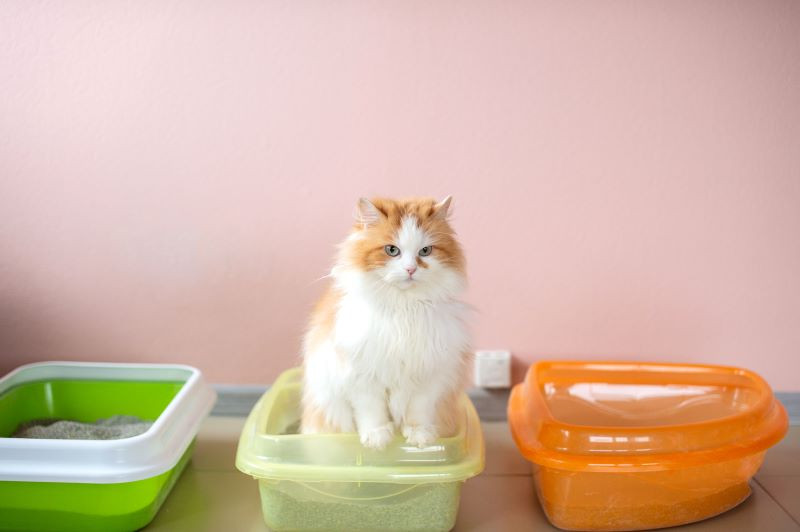
The research suggests a potential link between cat ownership and an increased risk of schizophrenia-related disorders, primarily due to the T. gondii parasite. However, further high-quality studies are necessary to fully understand this relationship and identify modifiable risk factors for mental health conditions.
The study has been published in the Schizophrenia Bulletin and calls for more extensive research to confirm and expand upon these findings.
You may also like: Did You Know? Cats Prefer Non-Cat People! Here’s Why!

